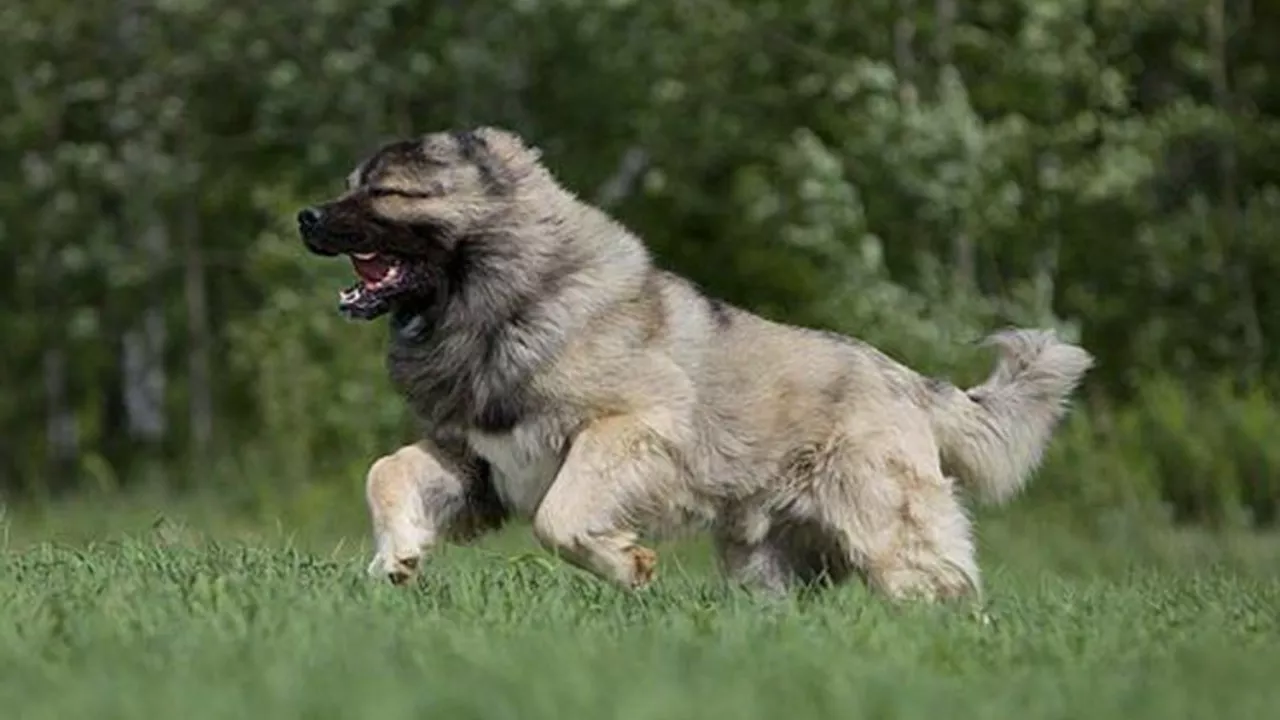Pet Care Tips: Simple Ways to Keep Your Pets Healthy
Got a furry friend at home and want to make sure they feel great? Good pet care isn’t rocket science – it’s about a few daily habits that add up to a happy, healthy animal.
Everyday Basics
First things first: food and water. Fresh water should be available all day, and the bowl needs a quick rinse each evening to stop slime buildup. When it comes to food, follow the feeding guide on the package, but watch your pet’s weight. If they’re gaining a few extra pounds, cut the portion a little; if they’re skinny, add a spoonful of wet food or a healthy snack like cooked carrots.
Exercise is the next big piece. Dogs love a walk, a game of fetch, or a quick run in the garden. Cats may curl up on a sunny windowsill, but they also need a few minutes of play with a wand or laser pointer to keep their muscles moving. Small animals such as hamsters benefit from a wheel or a safe tunnel to explore.
Grooming and Health Checks
Regular grooming keeps coats shiny and skin healthy. For dogs, a weekly brush removes loose hair and helps you spot ticks or lumps early. Cats usually groom themselves, but a gentle brush once a week reduces hairballs and strengthens your bond. Don’t forget to trim nails every few weeks – overgrown nails can hurt a pet’s paws and lead to infections.
Health checks don’t have to wait for the vet. Take a moment each day to feel your pet’s belly, check ears for wax buildup, and look at eyes for cloudiness. A cat’s eyes should be clear, and a dog’s ears should be pink, not smelly. Spotting a problem early makes treatment easier and cheaper.
Vaccinations and parasite prevention are non‑negotiable. Talk to your vet about a schedule that fits your pet’s age and lifestyle. Flea and tick collars, monthly worming tablets, and heartworm preventatives are simple tools that stop big headaches later.
Lastly, safety at home matters. Keep toxic foods (like chocolate, onions, grapes) and plants out of reach. Secure cords, small objects, and cleaning chemicals. If you travel, use a secure carrier or a pet‑friendly hotel that follows local regulations.
By sticking to these easy steps – fresh water, balanced food, regular exercise, simple grooming, quick health checks, and a safe environment – you’ll give your pet a solid foundation for a long, joyful life. Remember, pets thrive on routine, love, and a bit of attention. So grab that brush, fill the bowl, and enjoy the companion you have at home.
How difficult is it to take care of a Caucasian Shepherd?
Taking care of a Caucasian Shepherd can be quite challenging. Their size and temperament require a lot of attention, training, and socialization from an early age. Also, they need a lot of physical activity and mental stimulation to prevent boredom and behavioral problems. Their thick coat needs regular grooming to keep it healthy. Despite these demands, the rewards of owning such a loyal and protective breed are immense.
Read More